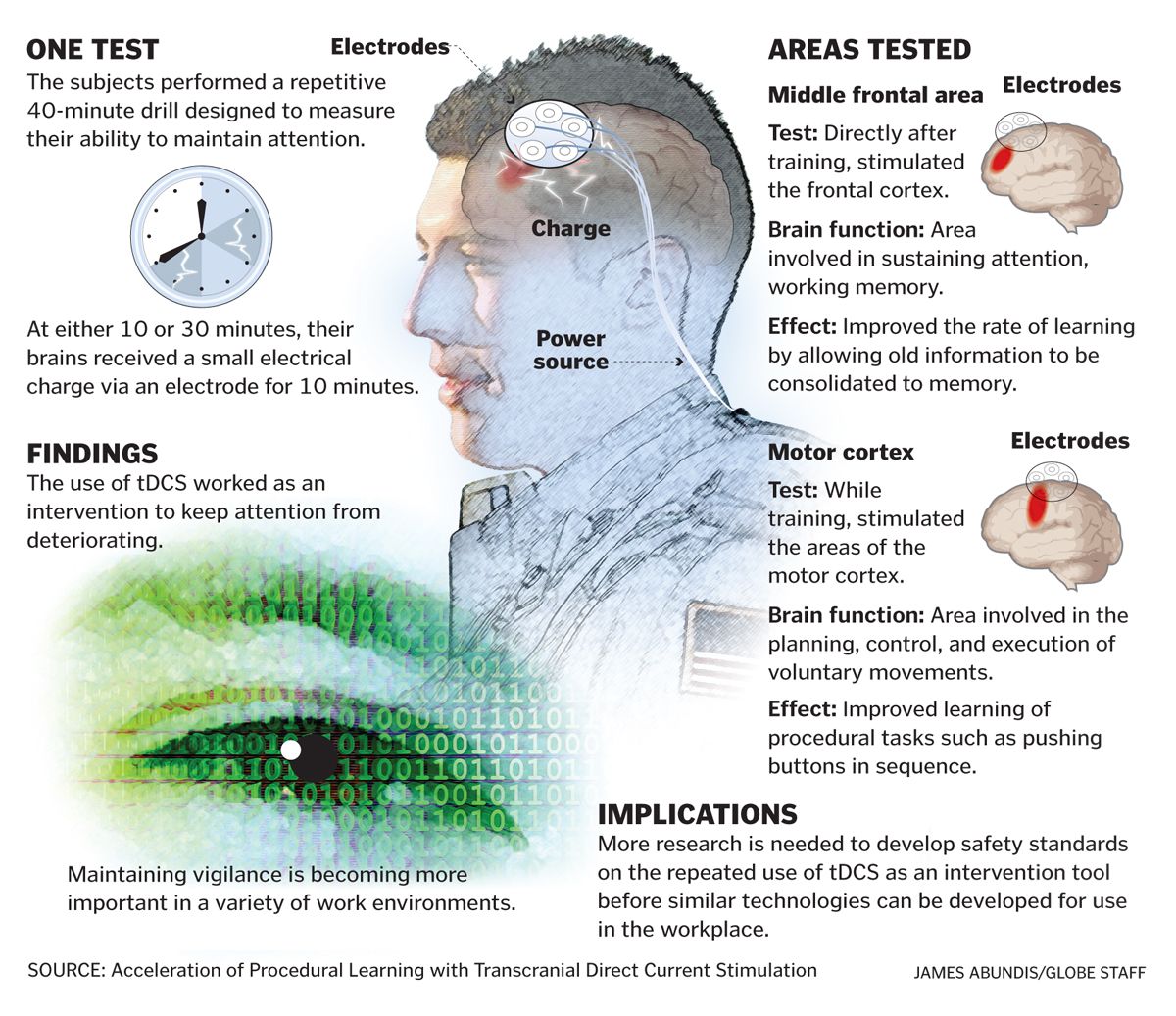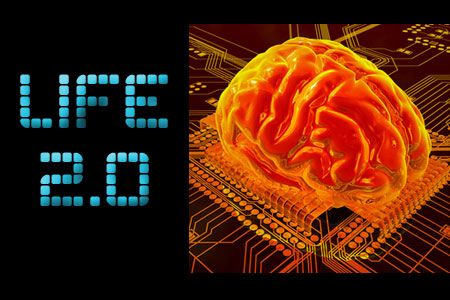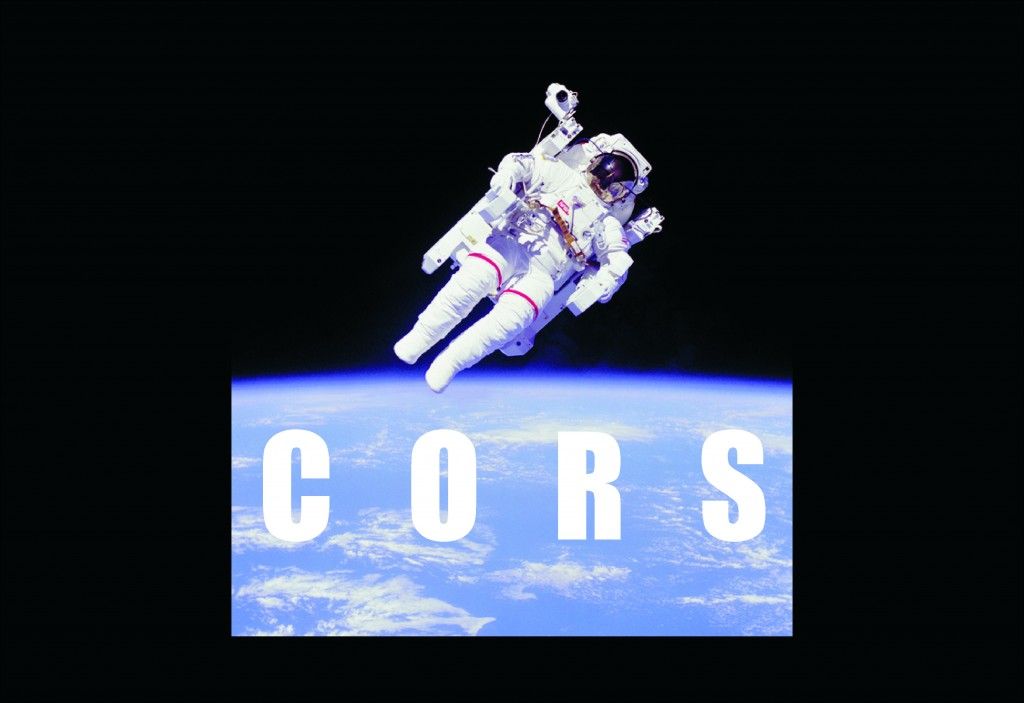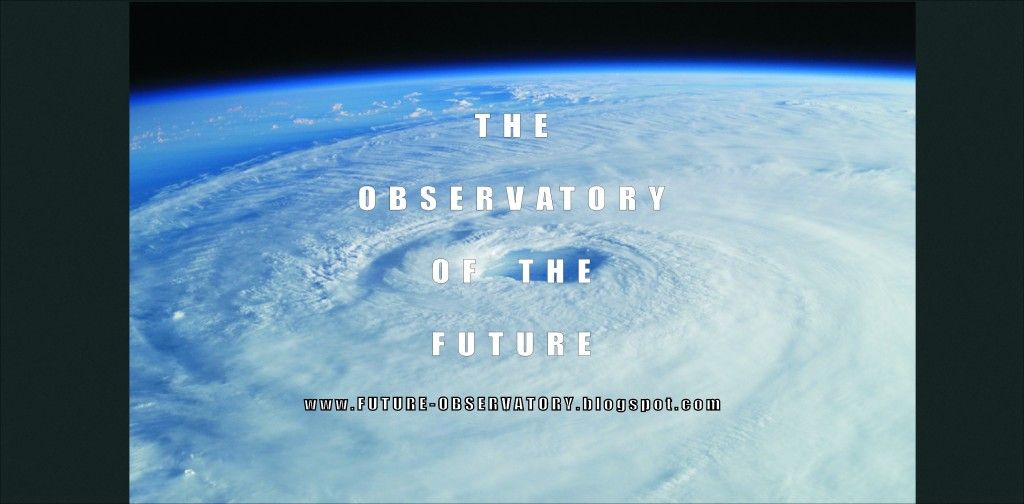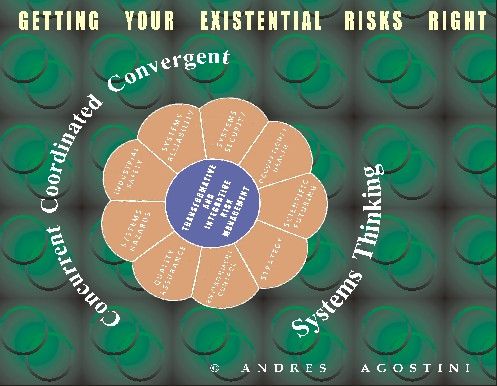Jun 2, 2014
Entrepreneurship At Oxford: Less Harry Potter, More Bitcoin
Posted by Seb in category: bitcoin

Think of Oxford University and the image that is most likely comes to mind initially is something out of a Harry Potter movie – ornate dining rooms, formal dress and, of course, outstanding academics. What probably doesn’t first occur to you is the tradition-crushing, fast-moving, hoodie-wearing world of startups. But the university’s Saïd Business School is trying to change that.
